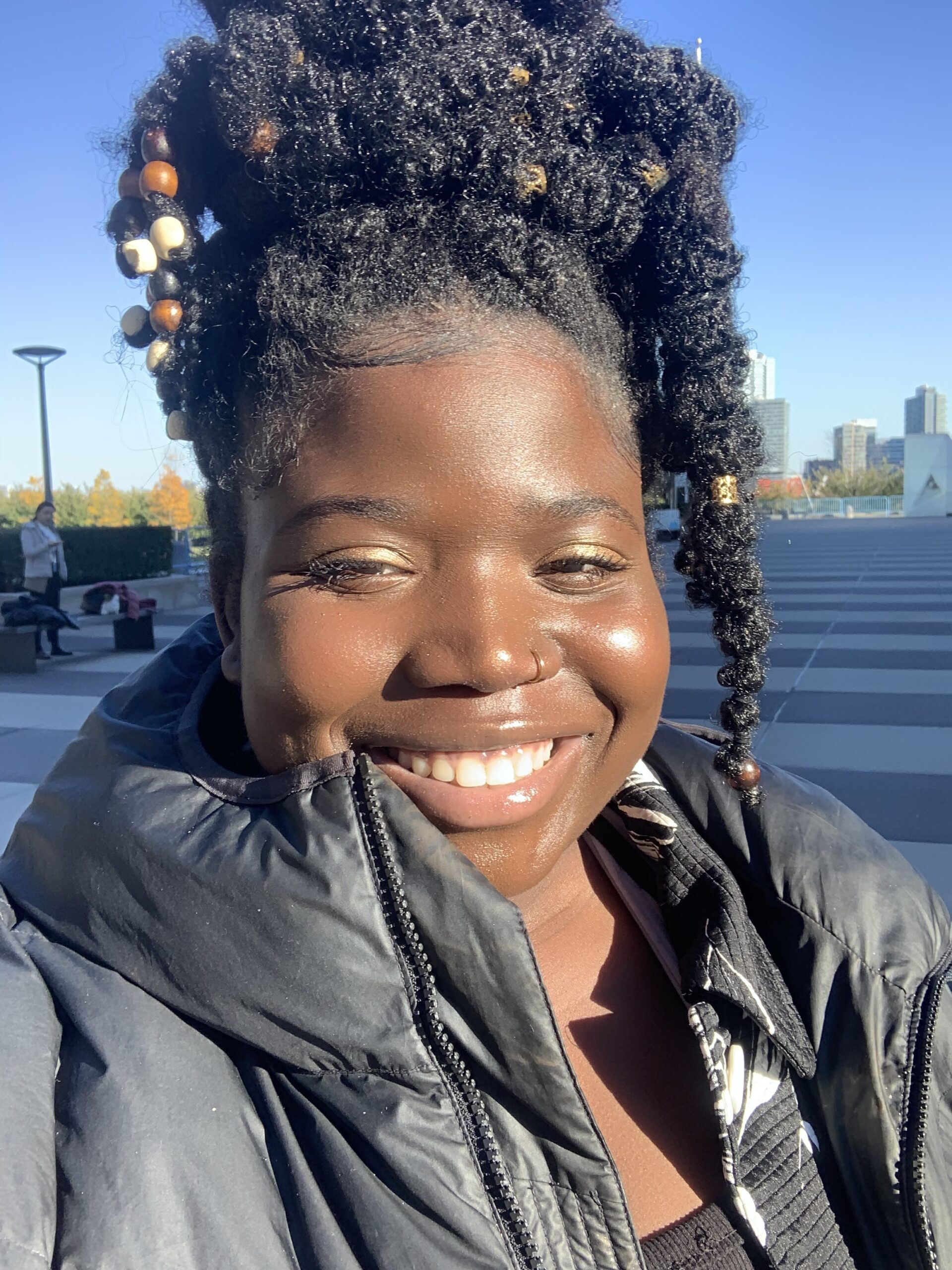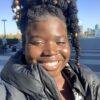In our society, there is a problem: black voices are not being heard. We need to realize that this silence is holding back important stories and experiences. There is currently a genocide happening in the Democratic Republic of the Congo. This conflict has been going on for a long time, dating back to the Rwandan genocide in 1994.
"As a Goshen College community, we must not silence the voices of black individuals."
—
The Rwandan genocide specifically targeted the Tutsi tribe, distinguished by physical traits like taller height, lighter skin, and slender builds; and the Hutus, known for their shorter stature, darker skin, and sturdier frames.
It is crucial to acknowledge that the division between the Hutus and Tutsis was a construct imposed by European colonial powers. My own family was affected by this genocide, which caused my family to flee to Tanzania. I was born in a refugee camp in Tanzania.
You may be curious as to why a genocide that began years ago persists today. The concise response is that the genocide never truly ceased. Life is very tough in the eastern Democratic Republic of Congo, but the country holds abundant resources including gold, diamonds, and coltan.
The outcome of the conflicts between government troops and the rebel faction, M23, will determine who gains control over the region’s valuable resources, while the conflict between M23 and the government leaves innocent citizens stuck in the middle.
Families in Congo lack basic things like food, water, and healthcare. More information can be found on the podcast, What’s Behind the Armed Conflict in Eastern DR Congo, found on the Al Jazeera network.
Families have been living in a state of war for many years, which makes them constantly scared and on the move for safety. In the past two years alone, over 1.6 million people had to leave their homes due to the fight over control of the area.
According to UNHCR, the UN refugee agency, women and girls are facing heightened vulnerability, especially to sexual and gender-based violence. Some have been compelled to resort to transactional sex as a means of addressing the pressing issue of food insecurity.
Moreover, all children who have been displaced in the Democratic Republic of the Congo have suffered the loss of at least a year’s worth of education due to the genocide.
In addition, coltan is used in the production of cell phones and electric cars and is mined with the help of many Congolese children, forced into labor. The conflict brings overall unrest to Eastern Africa.
The impact of this ongoing genocide in Congo extends beyond its borders. It also affects families in the United States who have connections to the region.
It is crucial to bring attention to this issue because, as a Goshen College community, we must not silence the voices of black individuals. This genocide has persisted for far too long, and there’s more we can do to offer support to the Congolese people.
We can begin by actively listening, educating ourselves, and raising awareness to ensure they receive the solidarity they deserve. There is a quote from Martin Neiemöller that helps explain the benefits of standing up for one another.
He stated, “First they came for the socialist, and I didn’t speak out because I was not a socialist. Then they came for the trade unionists, and I did not speak out because I was not a trade unionist. Then they came for the Jews, and I did not speak out because I was not a Jew. Then they came for me and there was no one to speak for me.”
Let’s not refuse to stand up for the black Congolese people who are being silenced by this genocide. Even though we are not personally affected, we would want others to do the same for us.
Ways to be involved:
Educate yourself and others.
Please keep the people of Congo in your thoughts and prayers.
Join the Free Congo movement.
Send an urgent Letter to U.S. Lawmakers to demand that our Tax Dollars Stop Funding Conflict in the Congo.
Donate to Friends of the Congo.
Become a monthly donor in the USA for UNHCR.
Antoinette is a senior social work major. She lives in Chicago, but was born in Tanzania. Outside of the classroom, Antoinette is involved in PIN — and is a circus performer.




